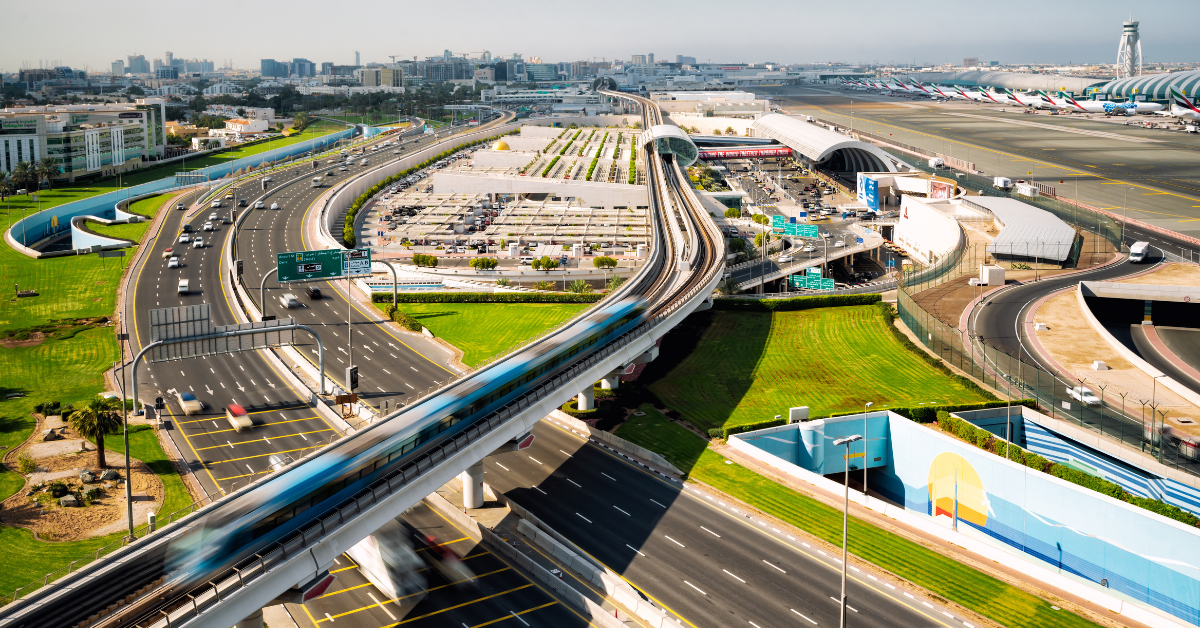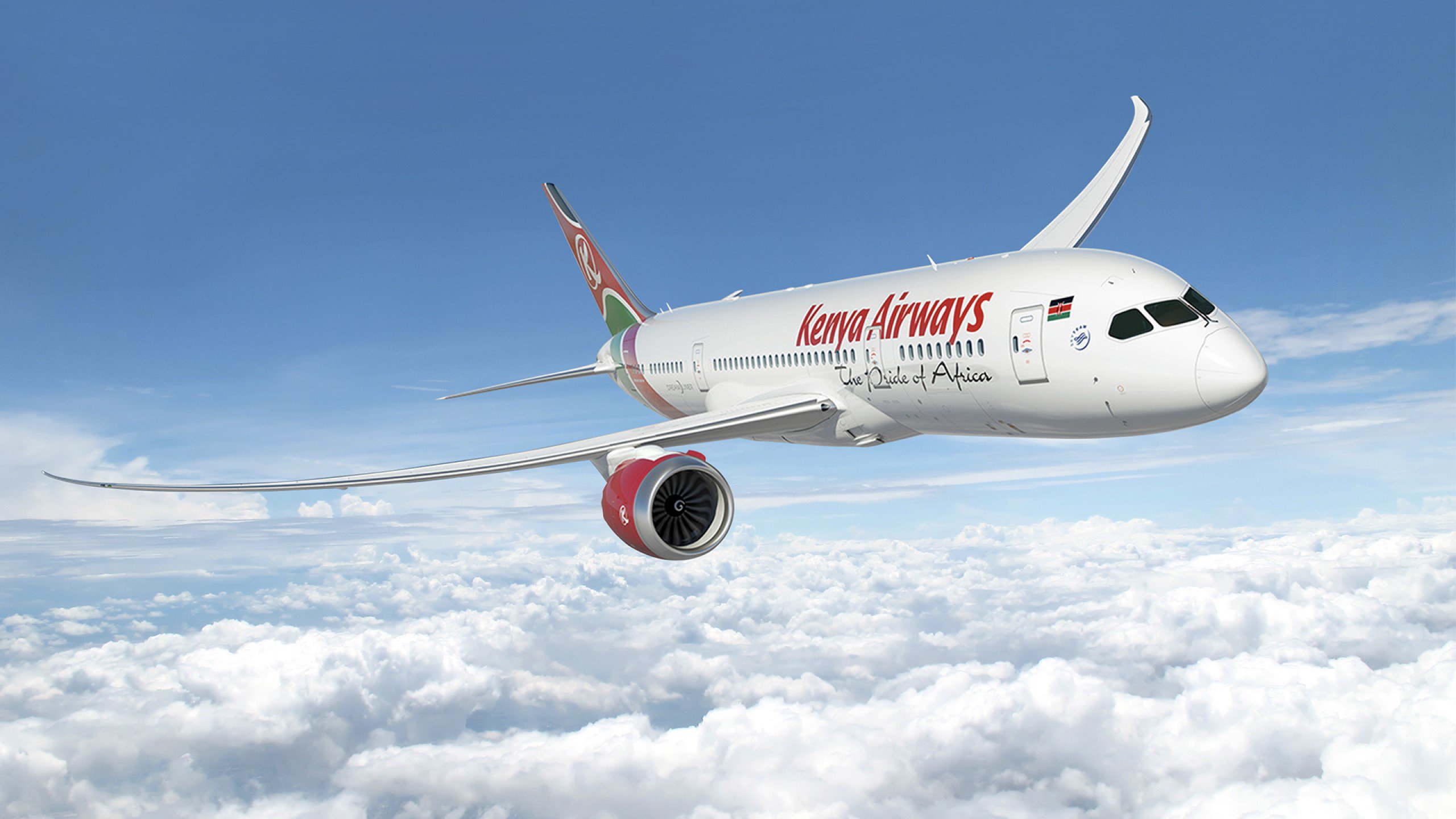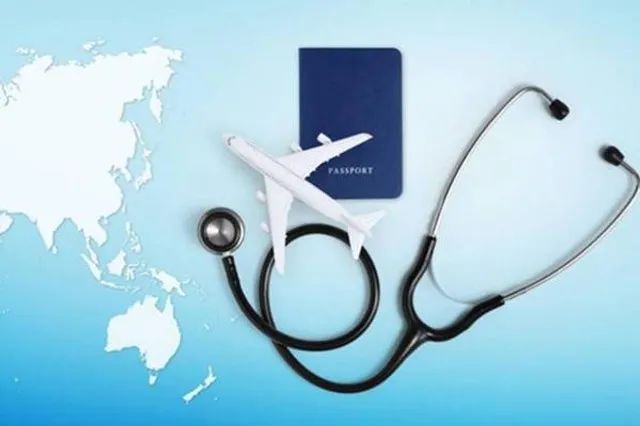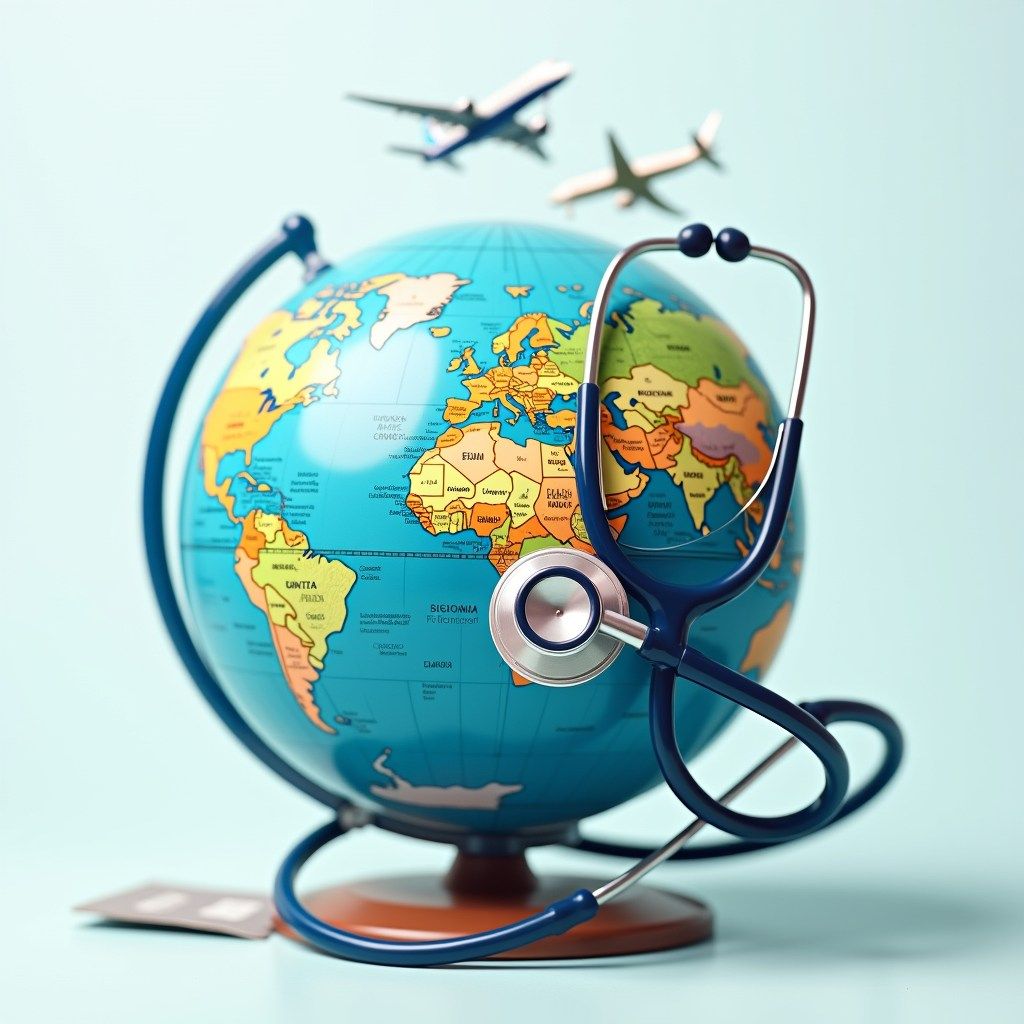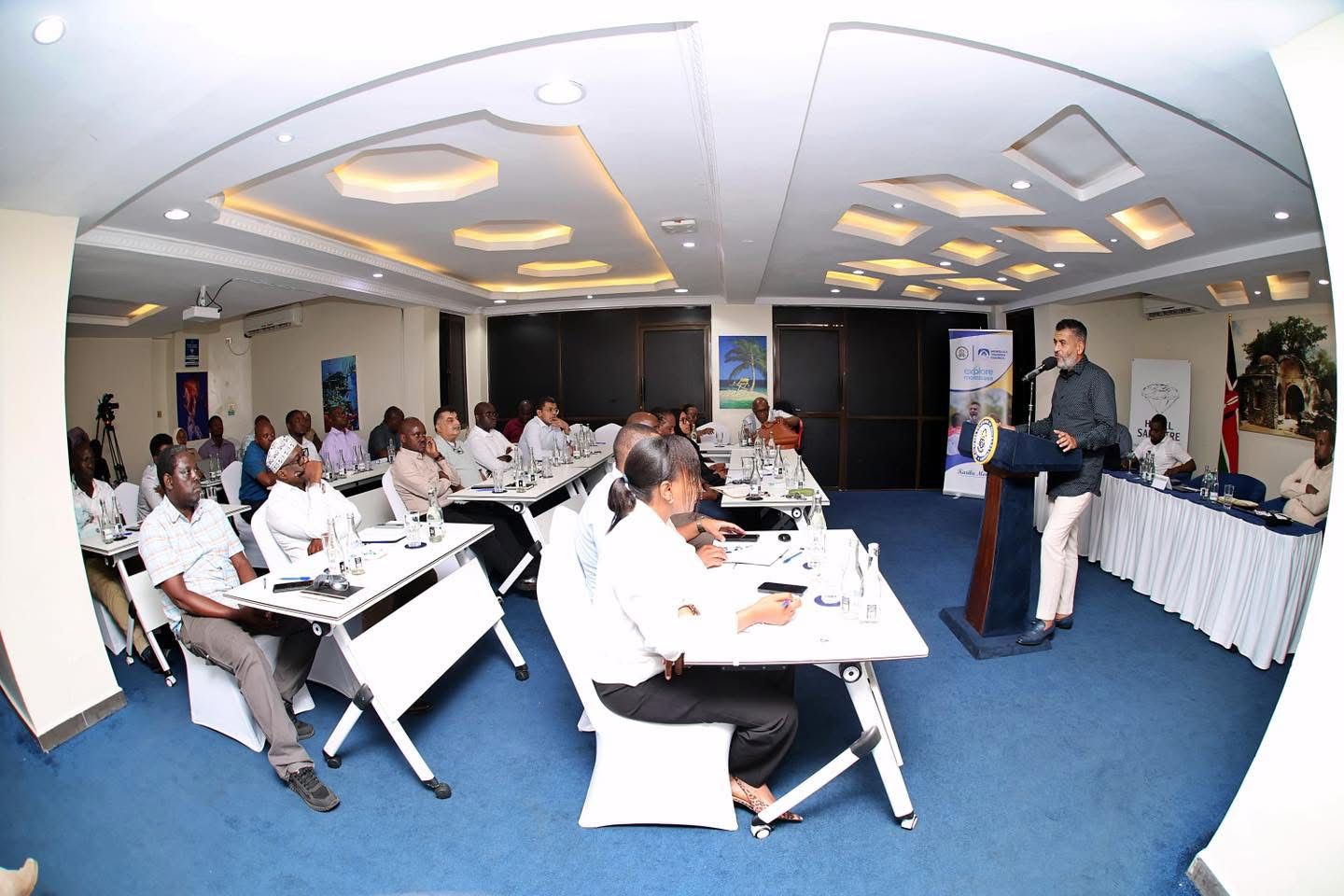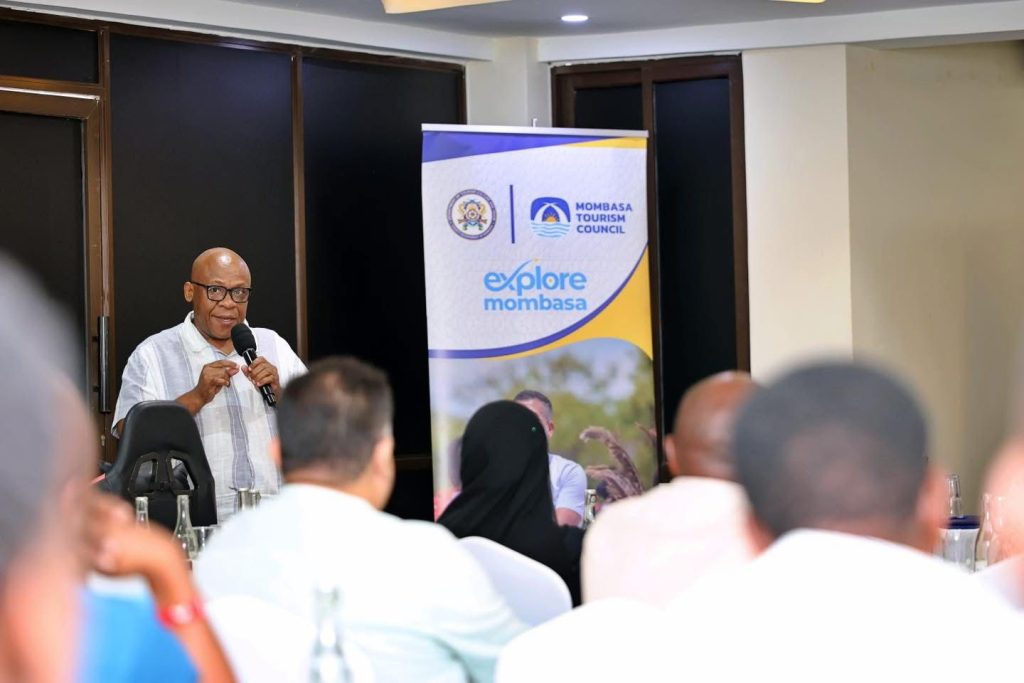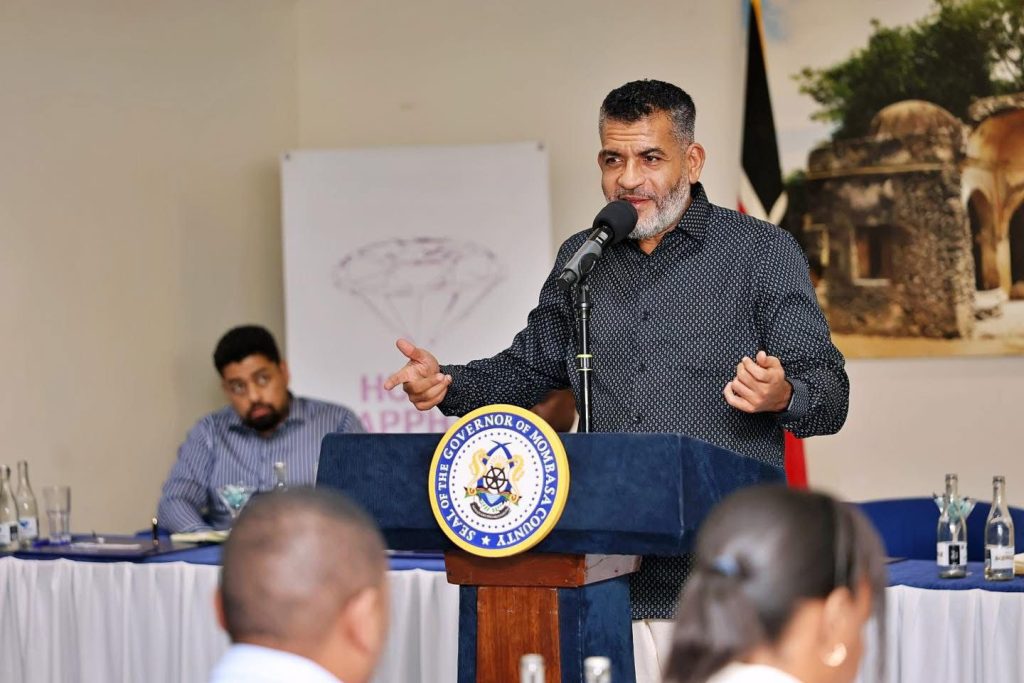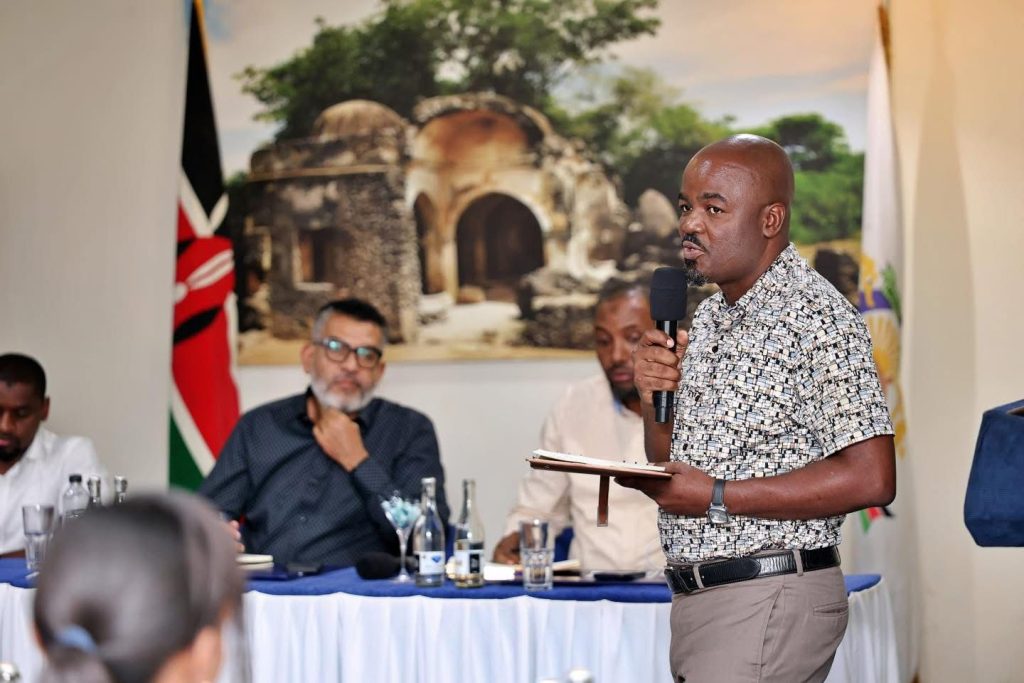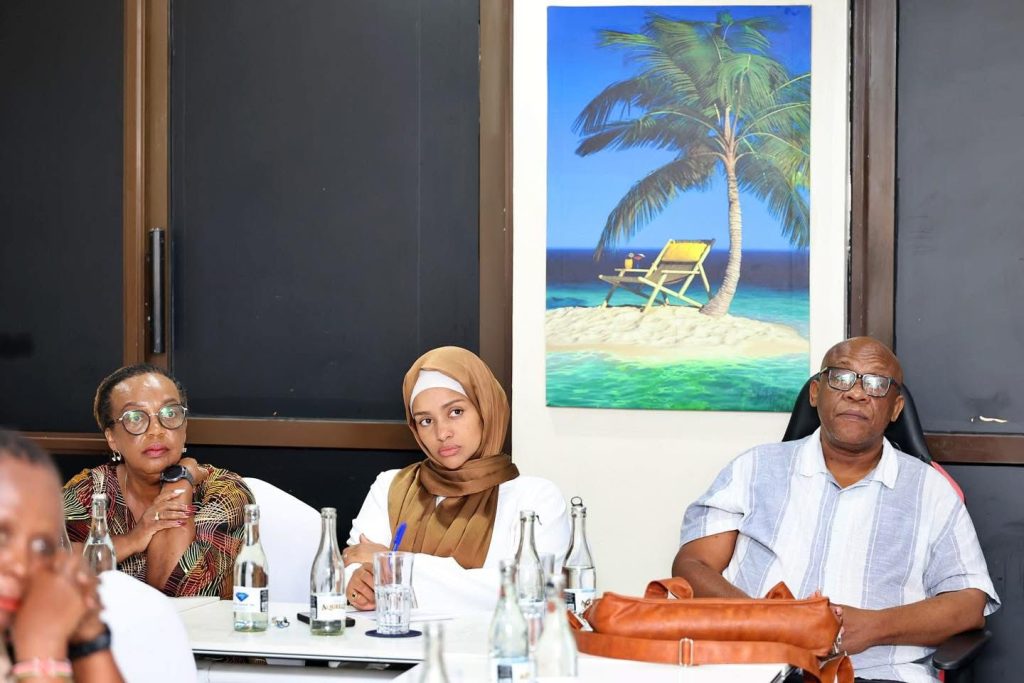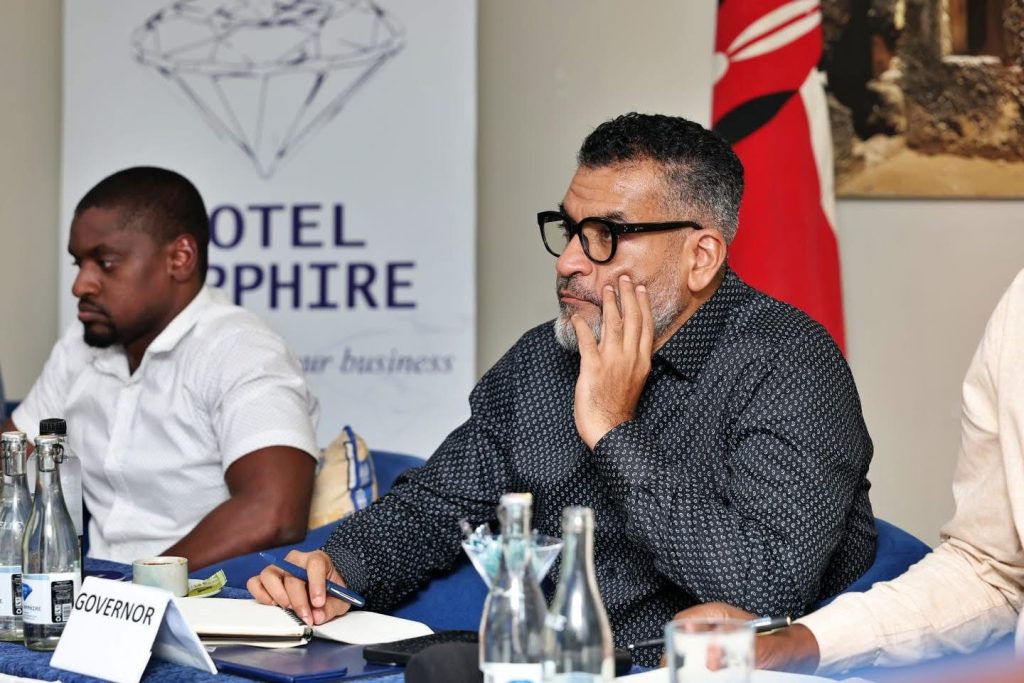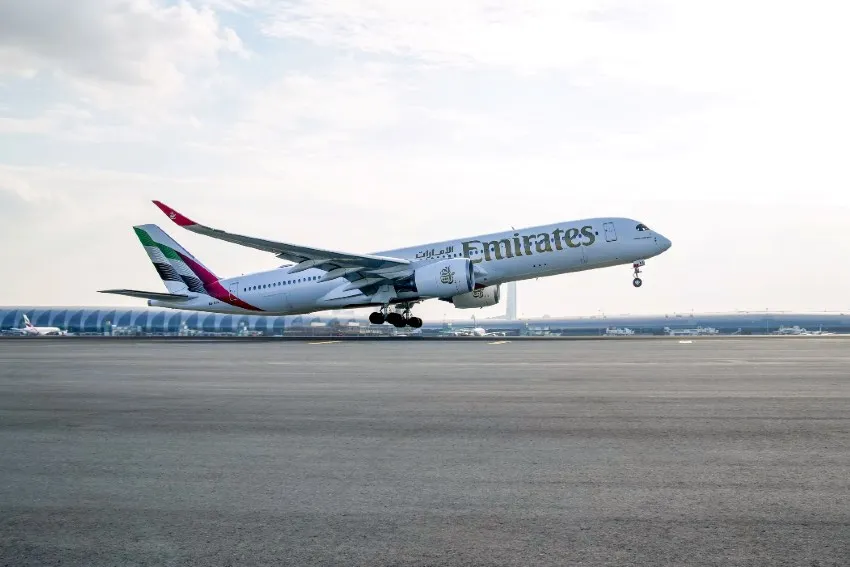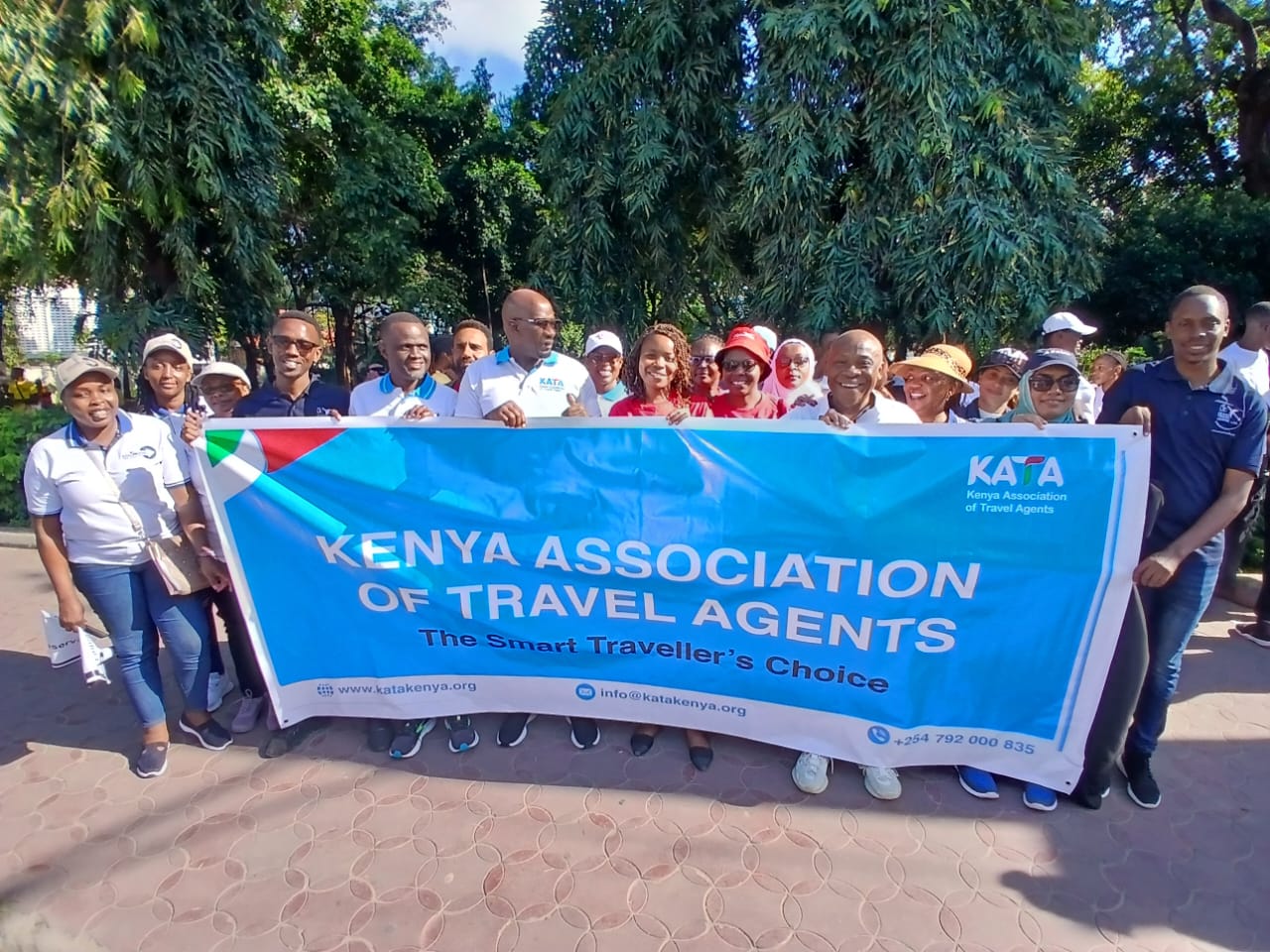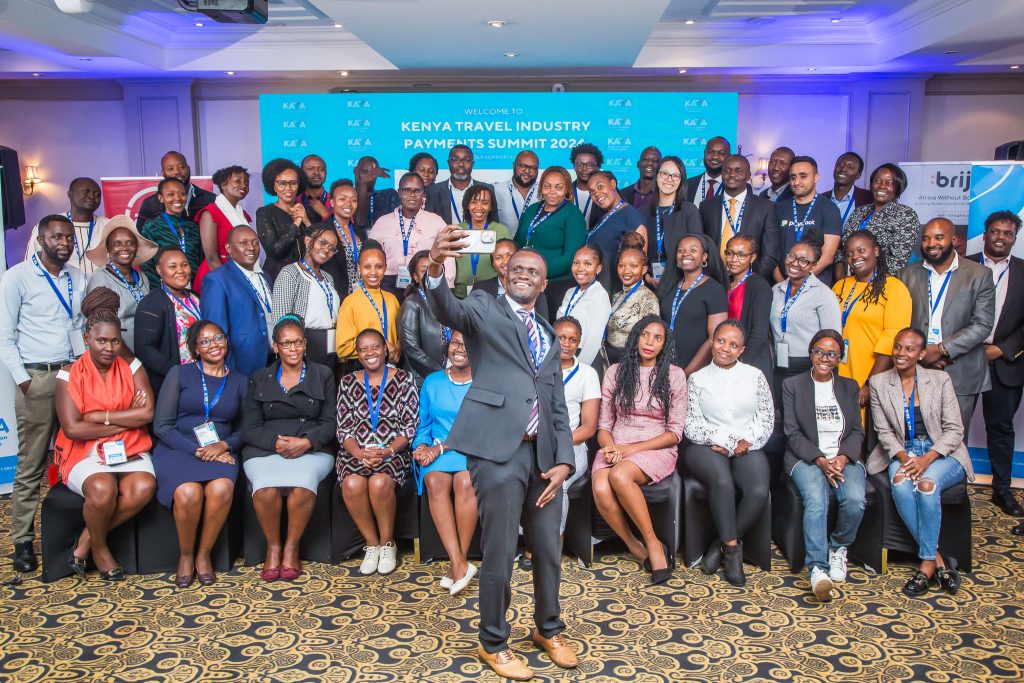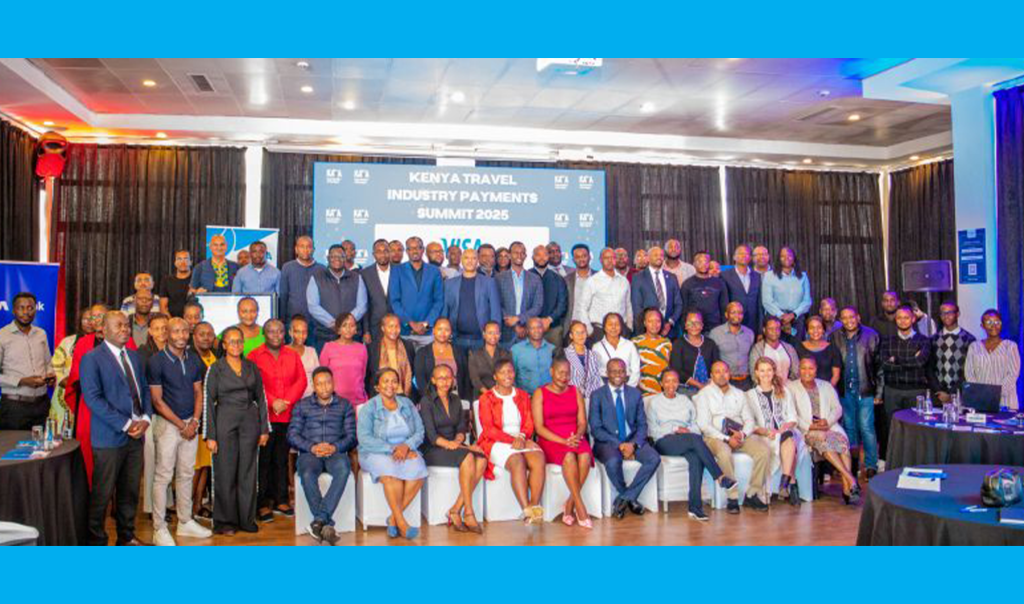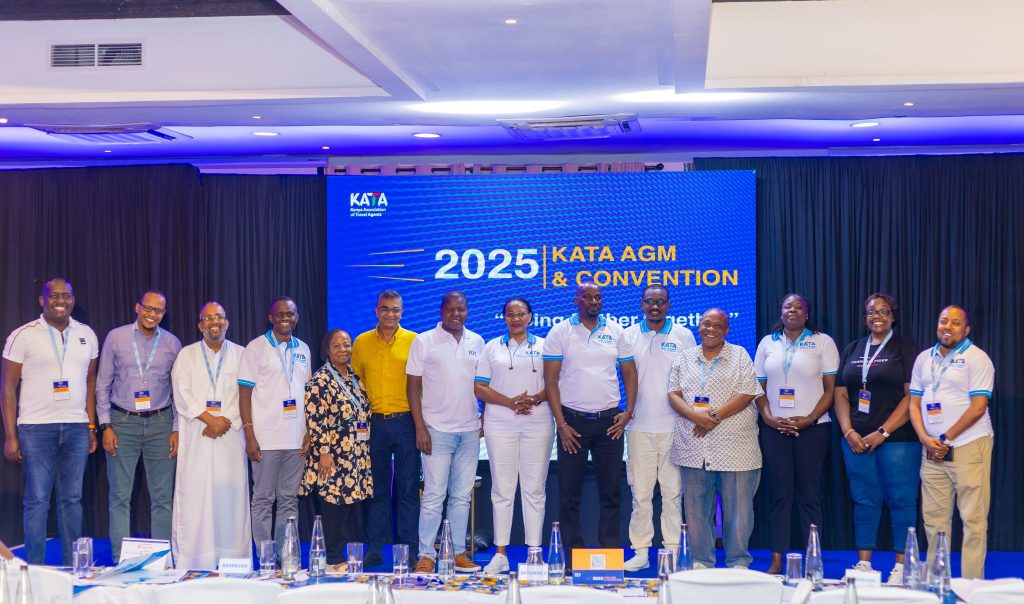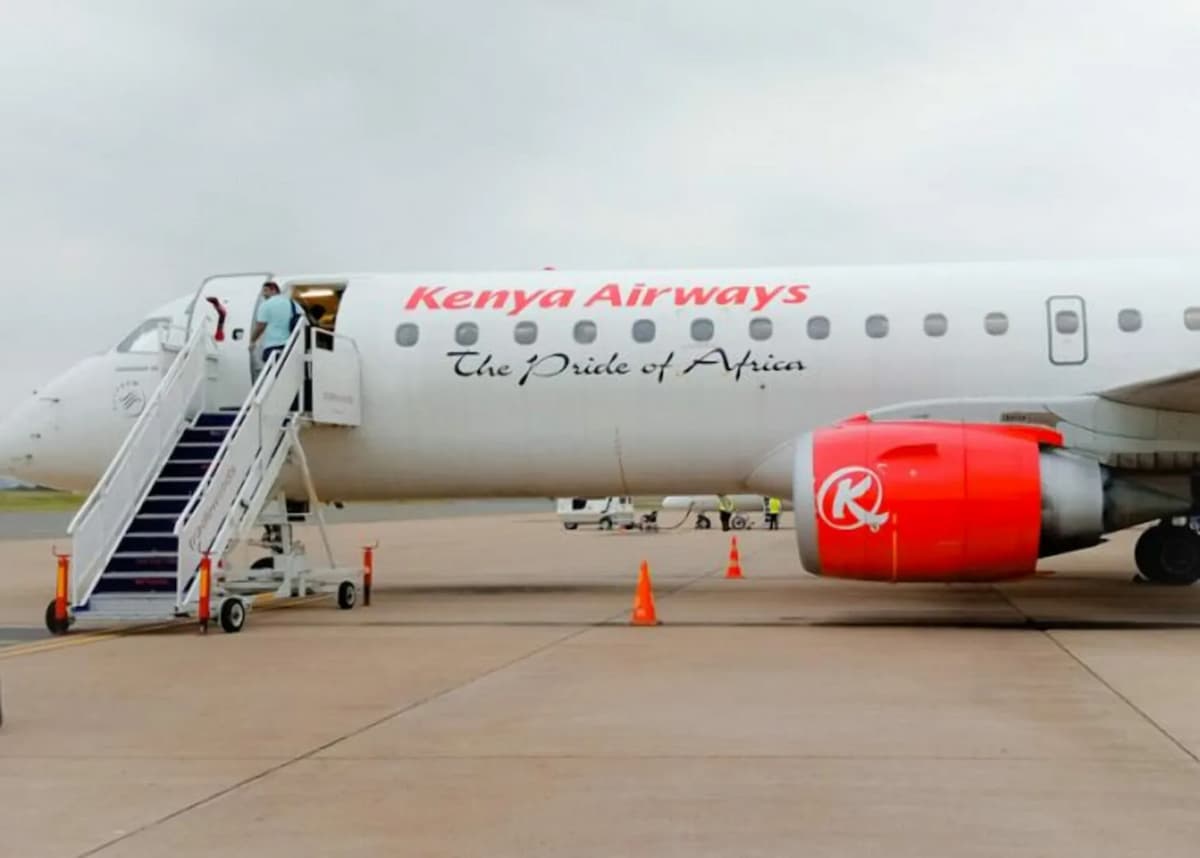Dubai has taken a significant leap in redefining the travel experience with the rollout of a citywide contactless hotel check-in system that promises to streamline arrivals and eliminate traditional front desk procedures for visitors. The initiative, launched by the Dubai Department of Economy and Tourism (DET), positions the emirate at the forefront of global travel innovation and hospitality convenience.
The new platform allows international travellers to complete all check‑in formalities remotely — including uploading identification documents, submitting biometric data, and digitally signing required forms — using a smartphone before they even land in the city. Once a guest’s identity is registered and verified, their encrypted data remains valid until their government-issued ID expires, enabling future stays to be completed with a quick facial recognition scan on arrival.
A Unified, Seamless Digital Experience
Unlike hotel-specific apps or isolated digital check-in features, Dubai’s contactless system is designed to operate across all licensed hotels and holiday homes in the emirate. Properties can integrate the technology into their existing apps and booking portals without major infrastructure upgrades. The result is a unified experience that benefits both travellers and the hospitality sector alike.
DET officials say the initiative is a cornerstone of the Dubai Economic Agenda D33, a broader strategy to embed digital services throughout urban life and enhance the city’s appeal as a global destination for business and leisure travel. By enabling visitors to bypass reception counters entirely, the system aims to significantly reduce wait times, enhance operational efficiency, and elevate overall satisfaction for the millions of guests the city welcomes annually.
Sheikh Hamdan bin Mohammed bin Rashid Al Maktoum, Crown Prince of Dubai and Chairman of the Executive Council, has underscored the importance of such innovations in reinforcing the emirate’s competitive edge in the global travel and tourism space. The technology reflects the government’s vision of a smart, connected city where digital solutions simplify traditional processes and set new benchmarks for service delivery.
How It Works and What It Means for Visitors
The contactless check-in tool is built around biometric authentication, allowing guests to pre-register their details through their mobile device. Upon landing, travellers can proceed directly to their hotel room after a brief facial recognition step, sidestepping lengthy reception procedures. For repeat guests — who constitute a meaningful share of Dubai’s tourism — the process becomes even faster with stored biometric verification.
Although the technology currently focuses on hotel stays, planners envision a future in which the digital identity system could extend to other tourism and travel touchpoints, such as car rentals, attractions, and even city‑wide services. This broader integration would further embed seamless digital interactions into the fabric of the visitor experience.
Industry observers note that innovations like Dubai’s contactless check‑in tool illustrate how technology can be harnessed to reduce friction while enhancing security and convenience — a vital consideration as global tourism continues to rebound from pandemic‑era disruptions and travellers increasingly seek smooth, end‑to‑end experiences.
A New Chapter in Smart Tourism
Dubai’s hospitality sector remains one of the emirate’s key economic pillars, with hundreds of hotels and holiday homes hosting millions of visitors annually. As the city doubles down on digital transformation, the contactless hotel check-in initiative not only elevates guest comfort but also strategically reinforces Dubai’s status as a leading global hub for tourism and business travel.
In an era where traveller expectations are rapidly evolving, the deployment of this innovative tool signals a broader shift toward frictionless, tech-enabled travel — one that could influence hospitality standards well beyond the Middle East.
Source : travelnews.co.za

